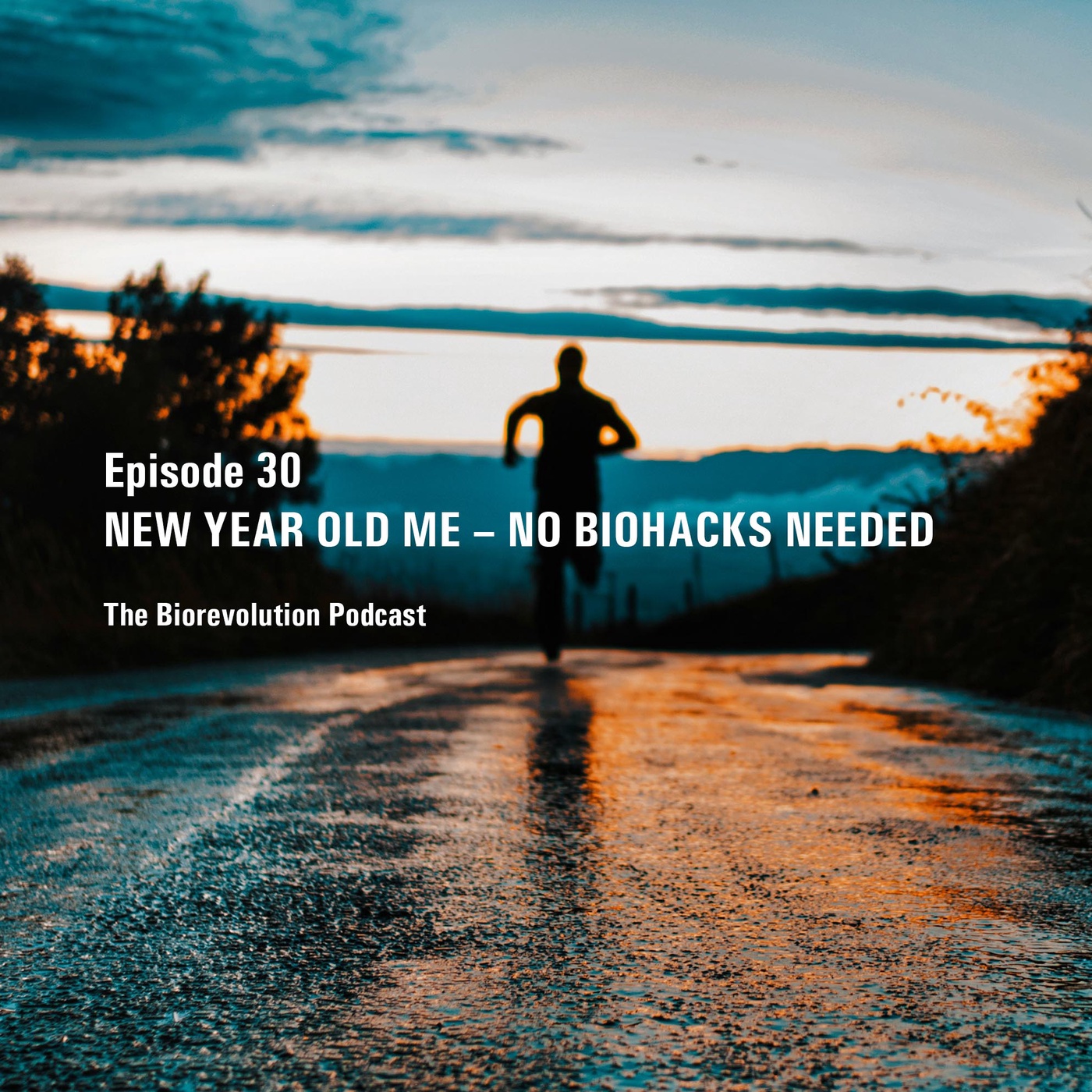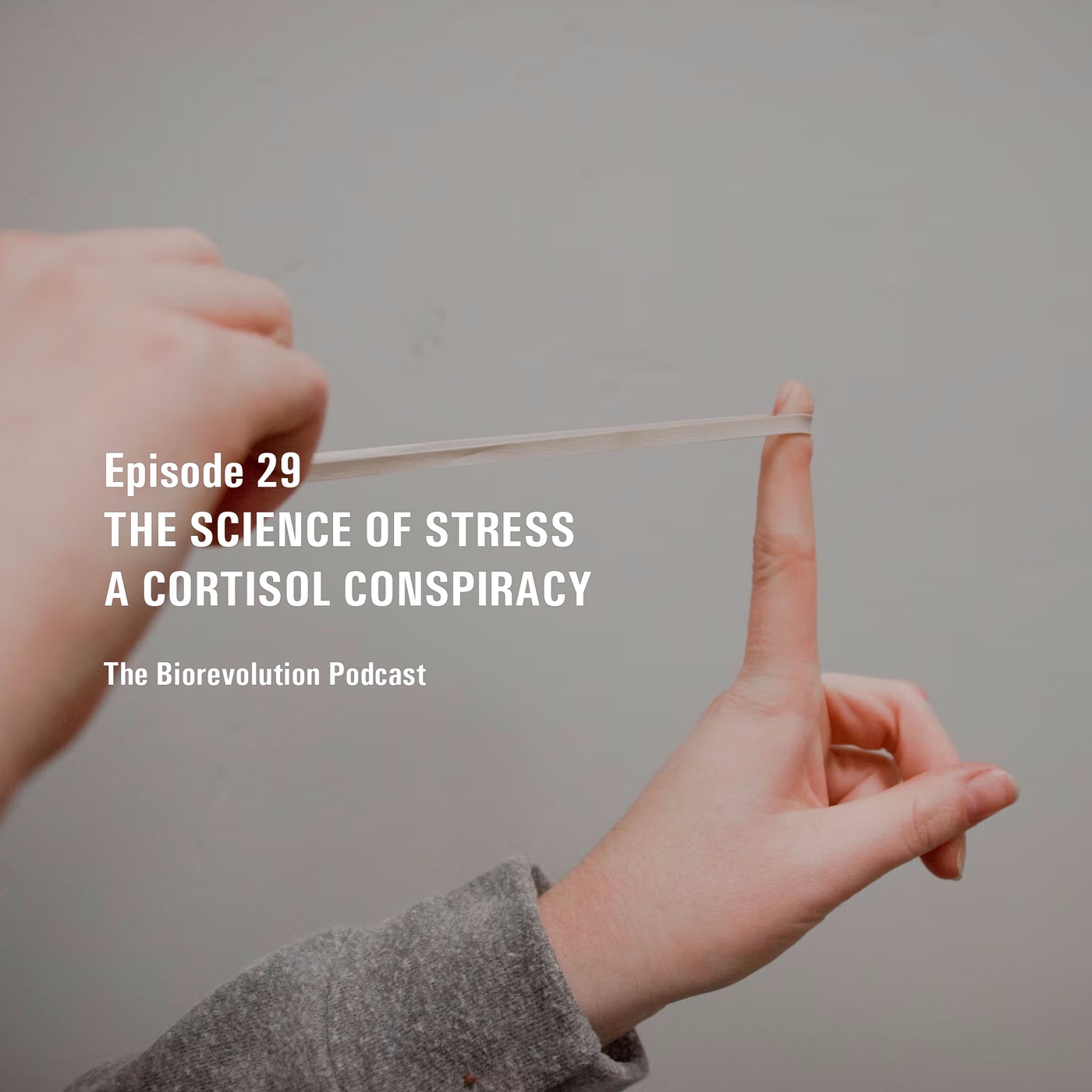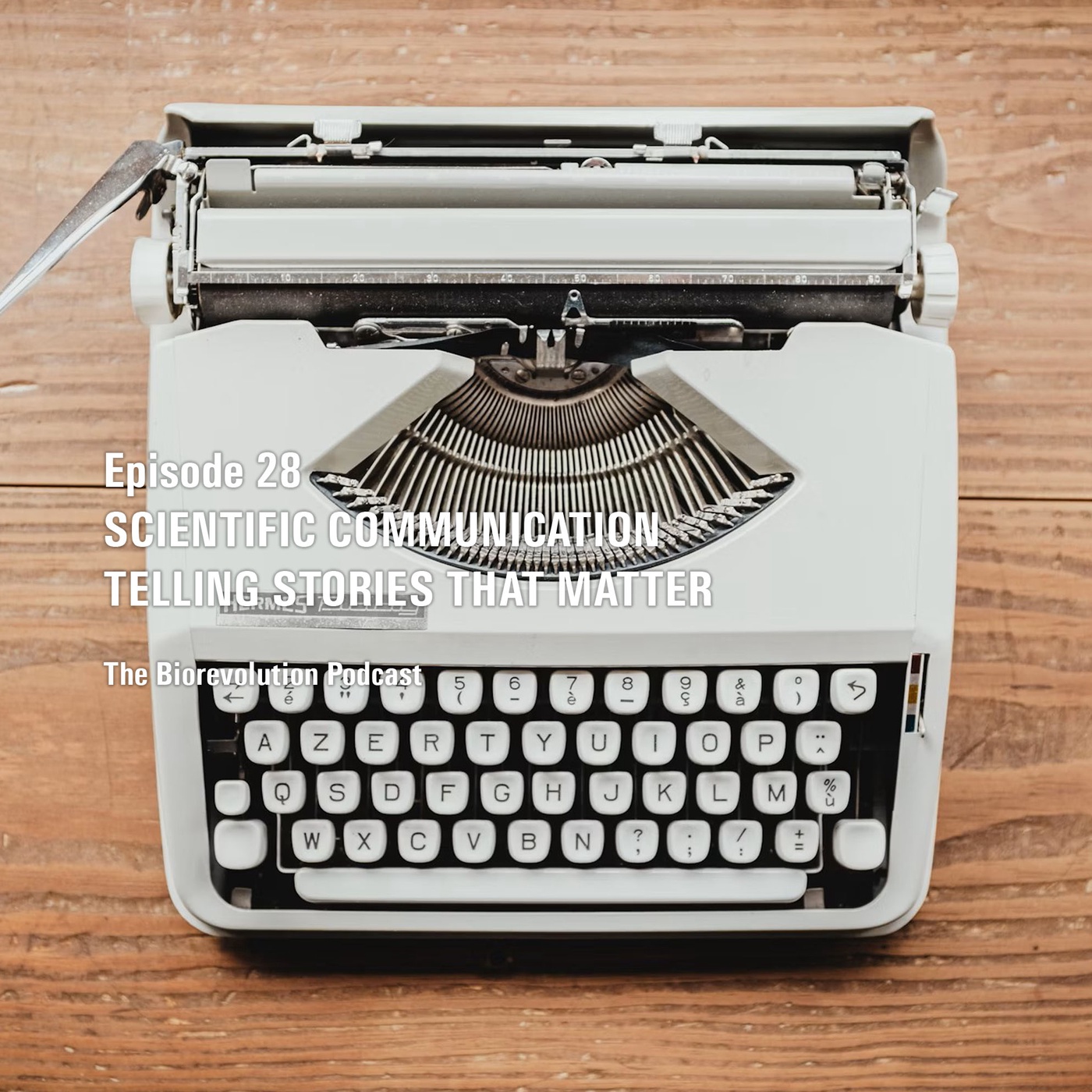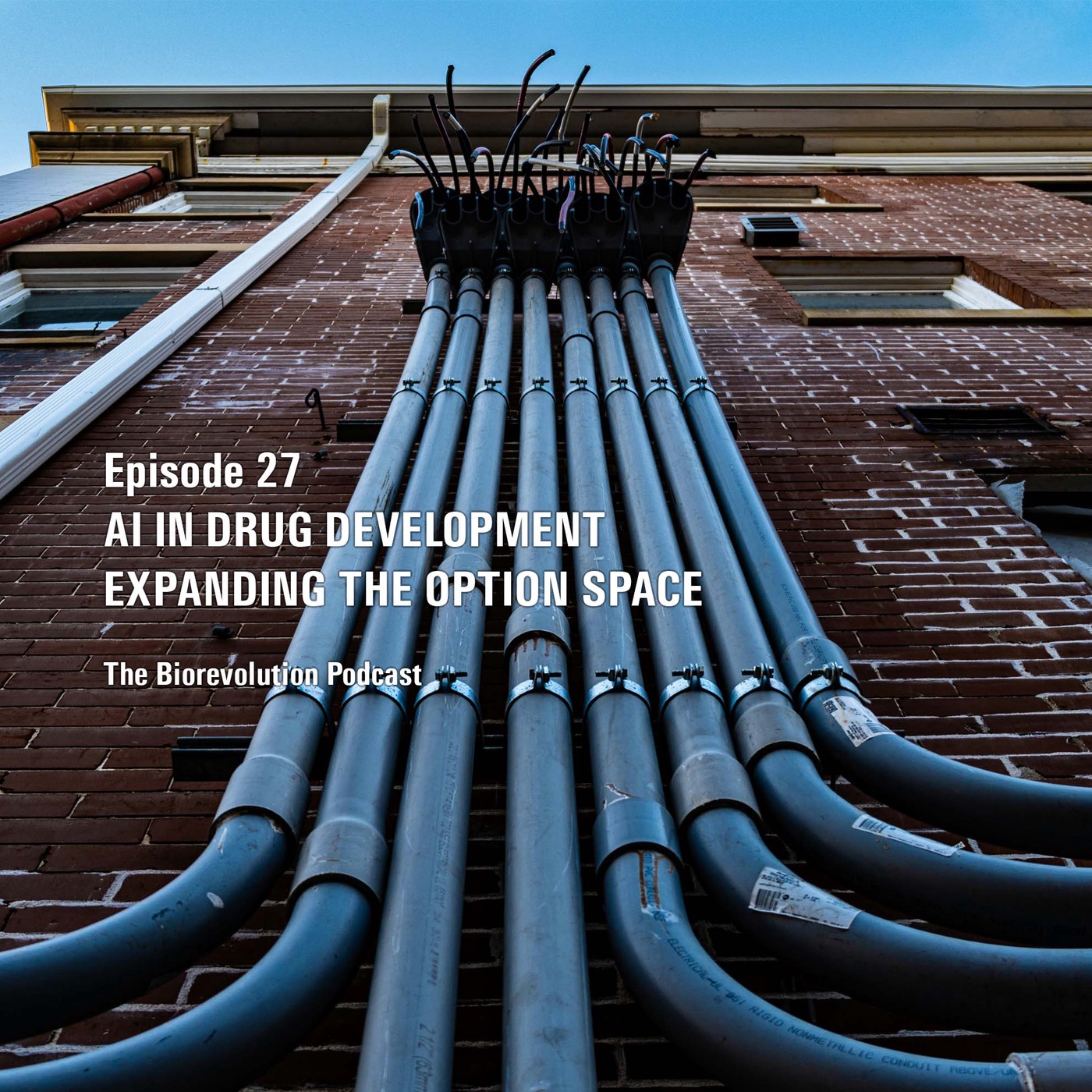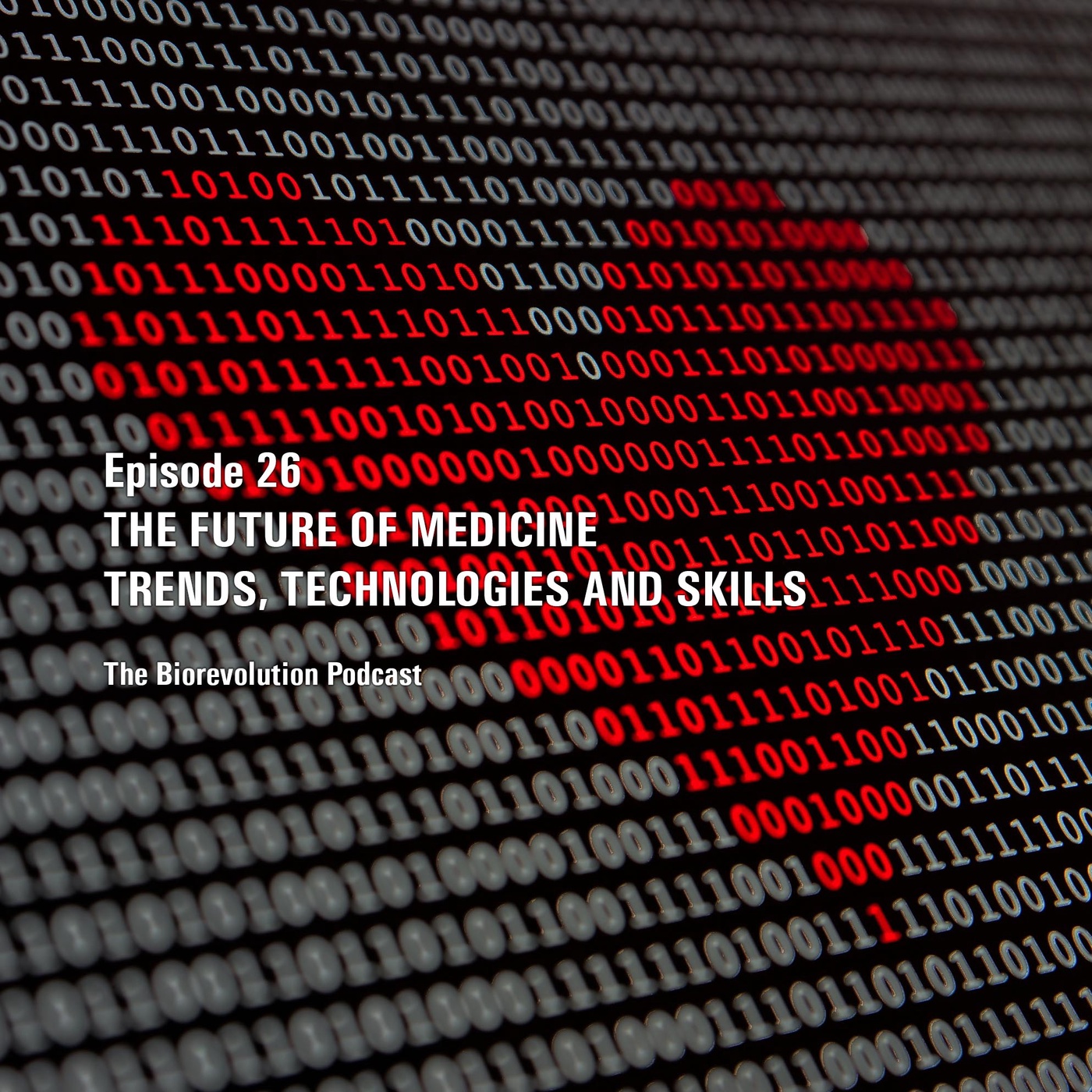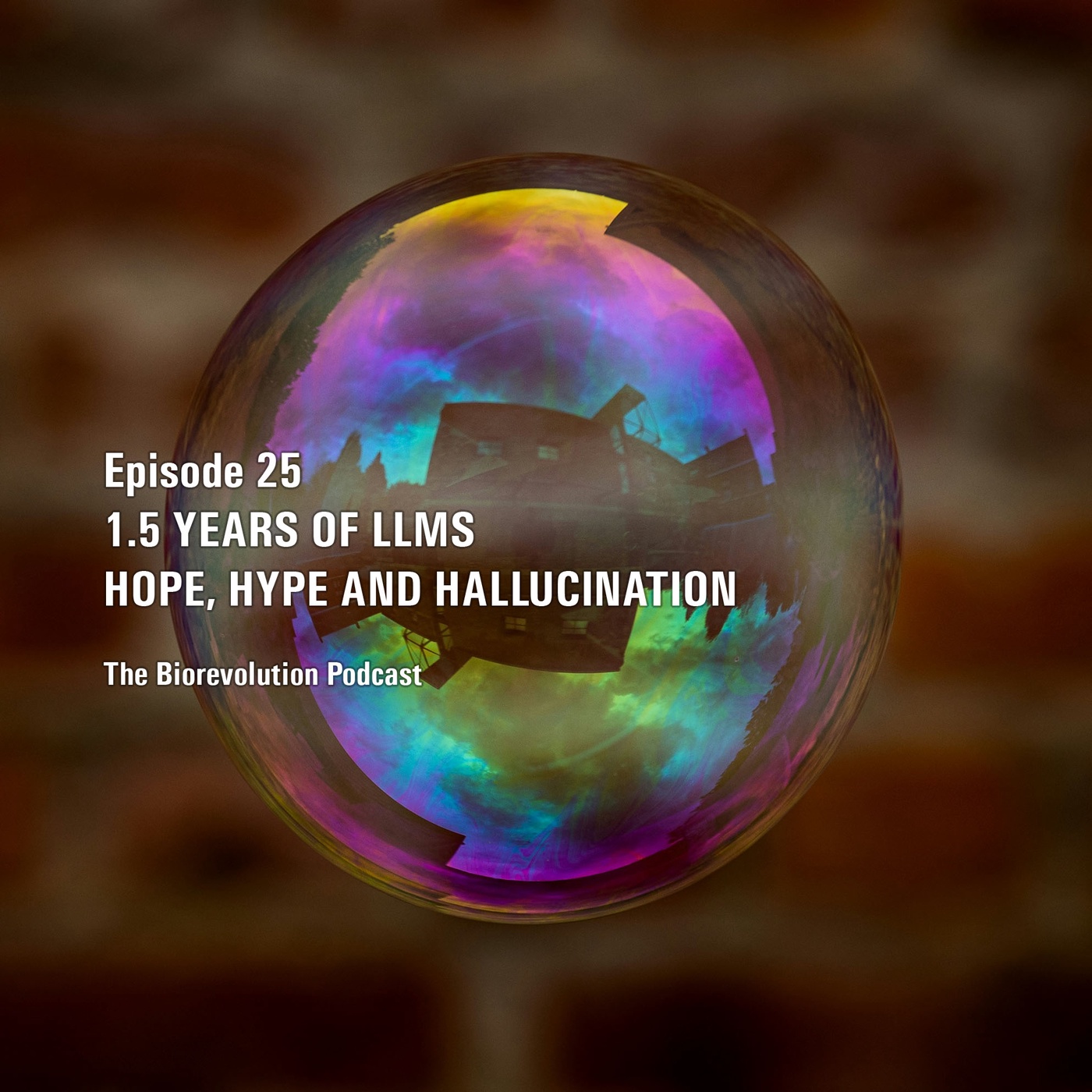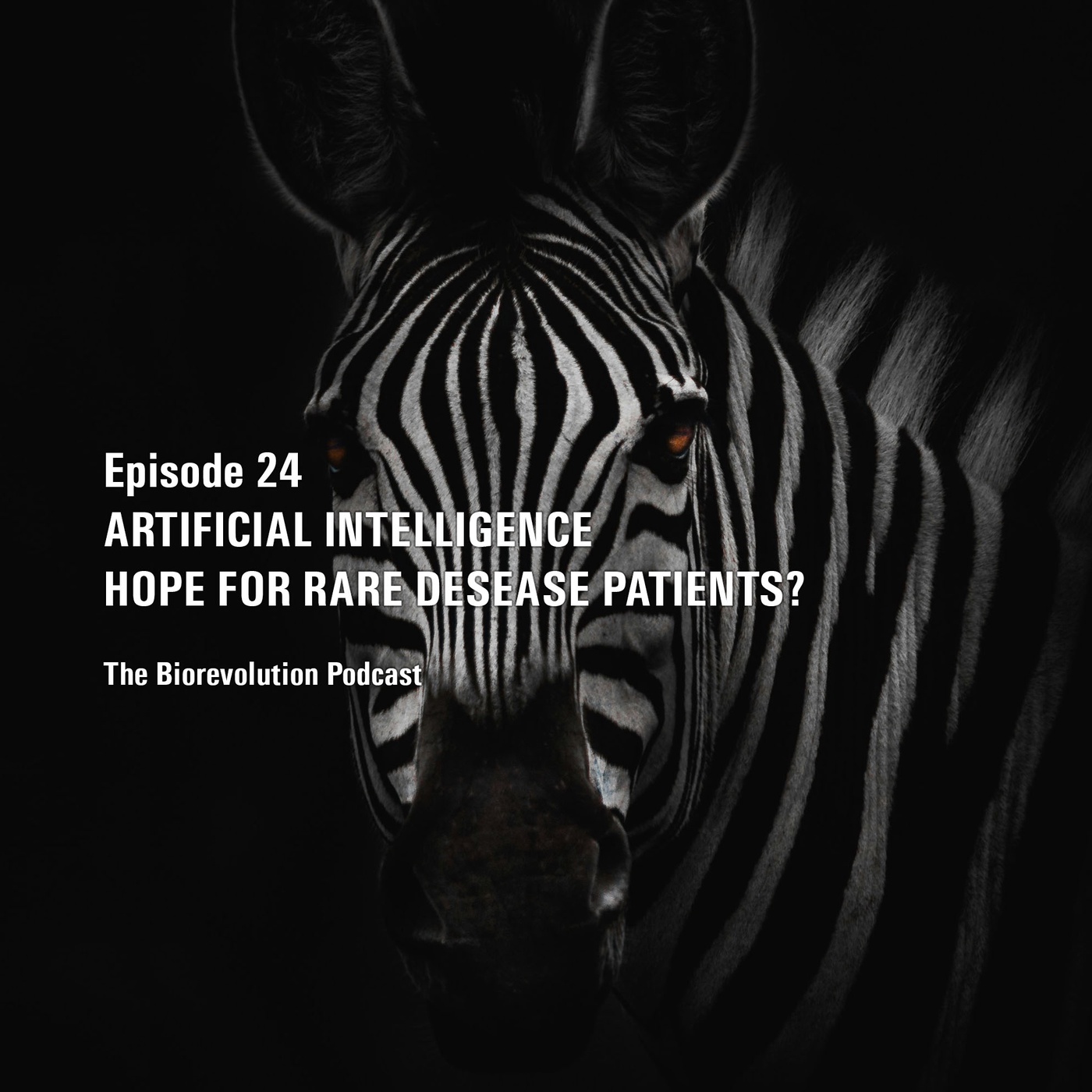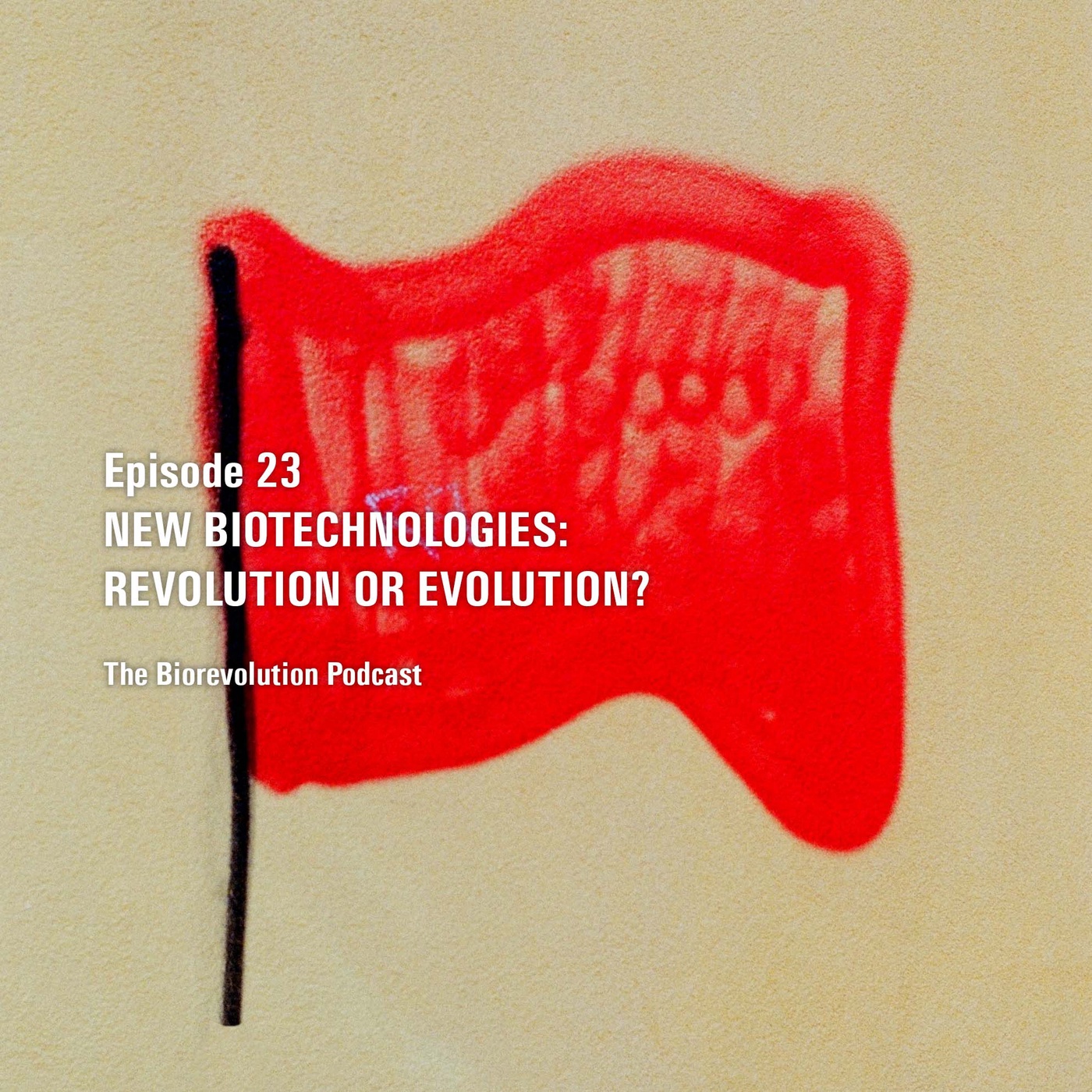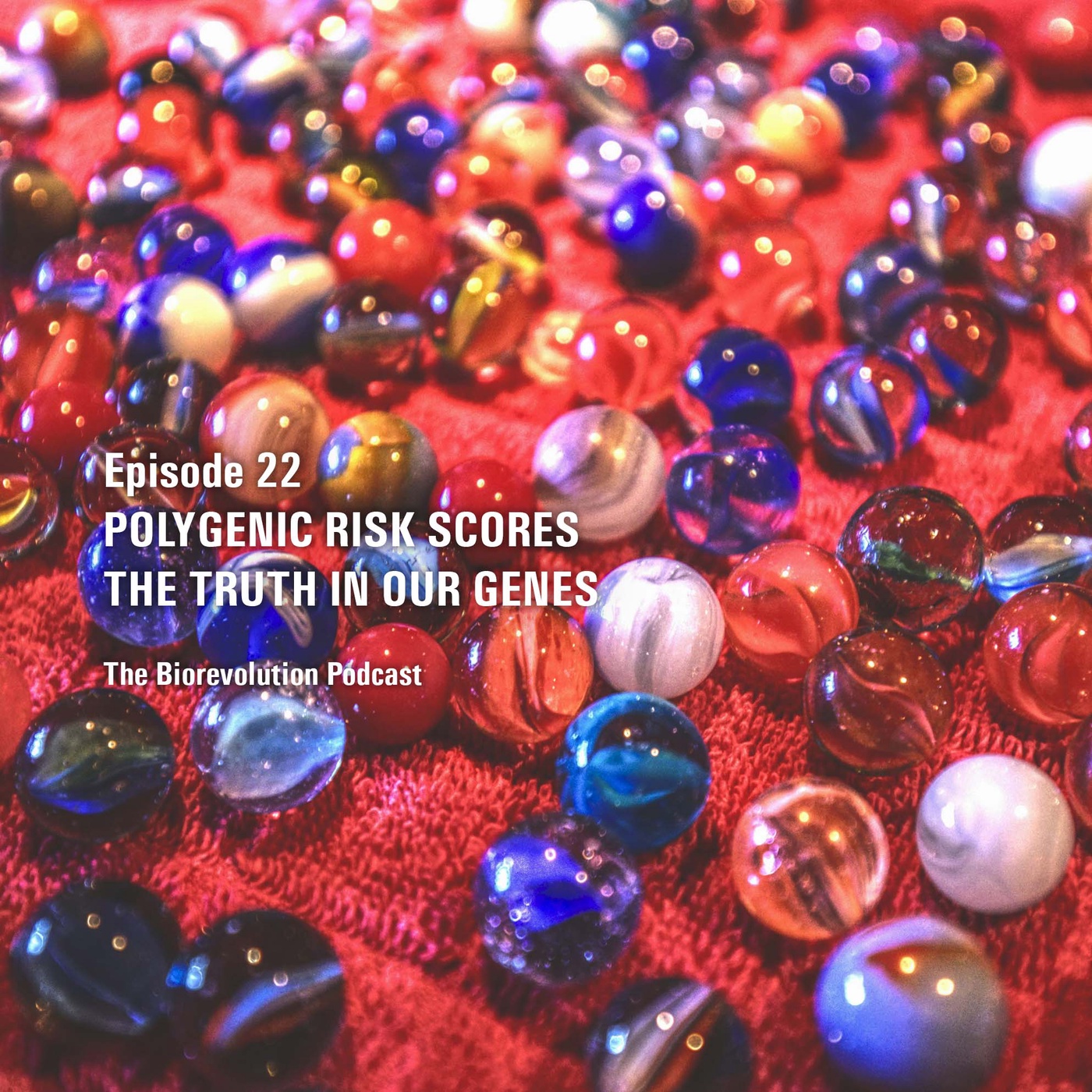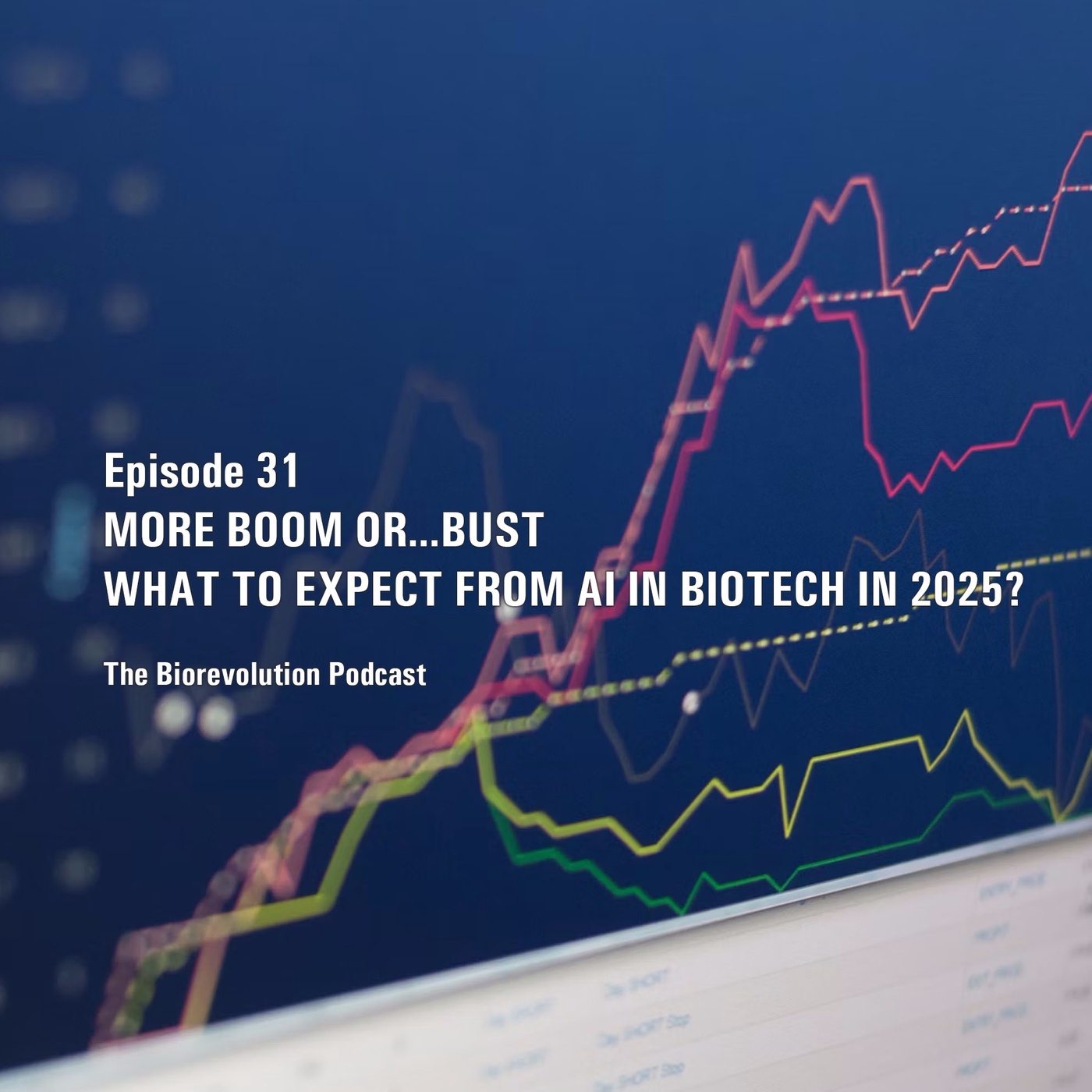
The biorevolution podcast #31
In some respects, 2024 has been a record year for AI in biotech, with the $1 billion founding of the antibody-centered biotech company Xaira and the awarding of the Nobel Prize in Chemistry to DeepMind researchers Demis Hassabis, John Jumper, and David Baker. However, despite years of investment and innovation, we still lack an answer to the most pressing question: Will AI revolutionize drug development, or are we in a bubble that is about to burst?
In episode 30 of the BioRevolution podcast, Andreas Horchler and Louise von Stechow explore various use cases for AI in biotech—from discovery to clinical...
